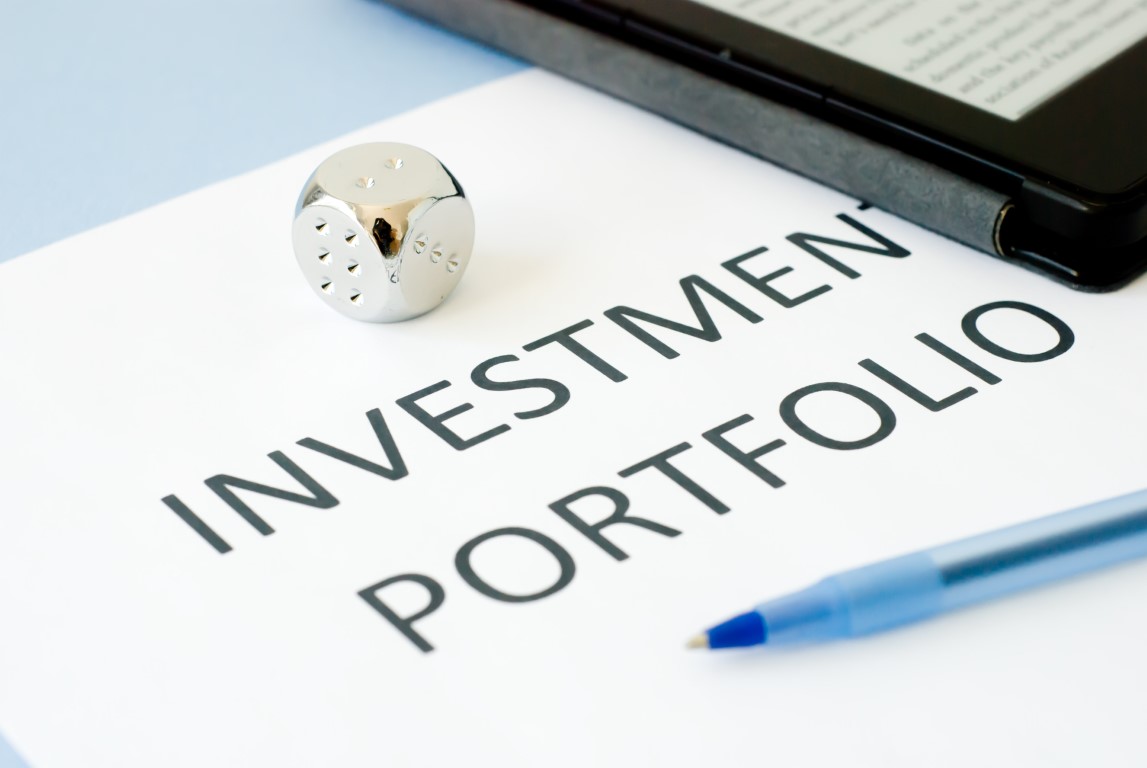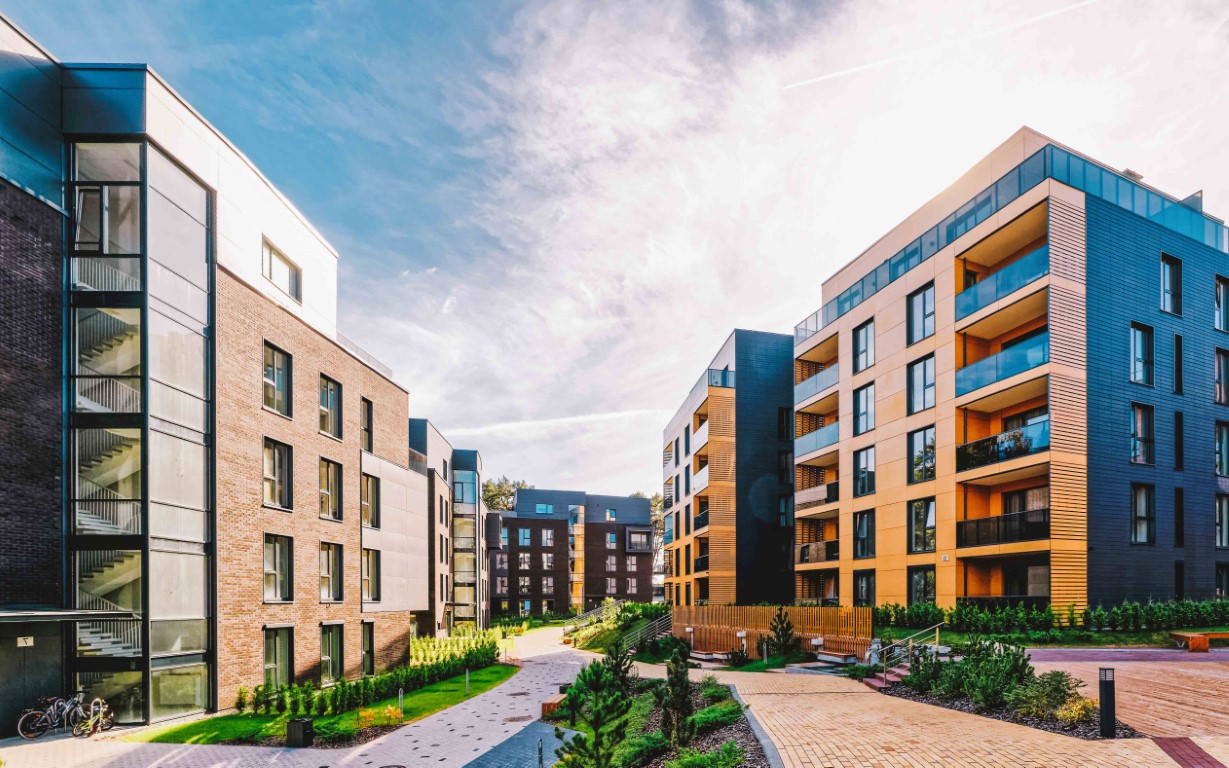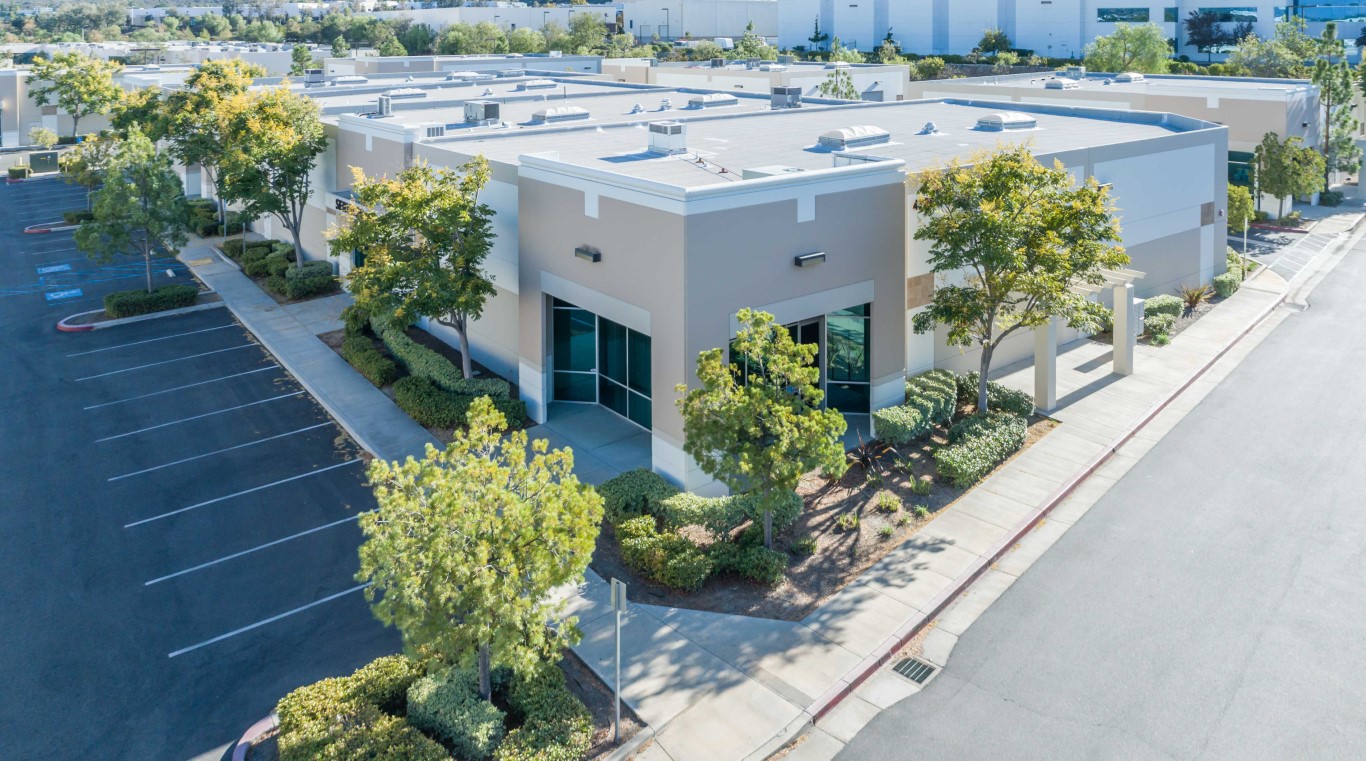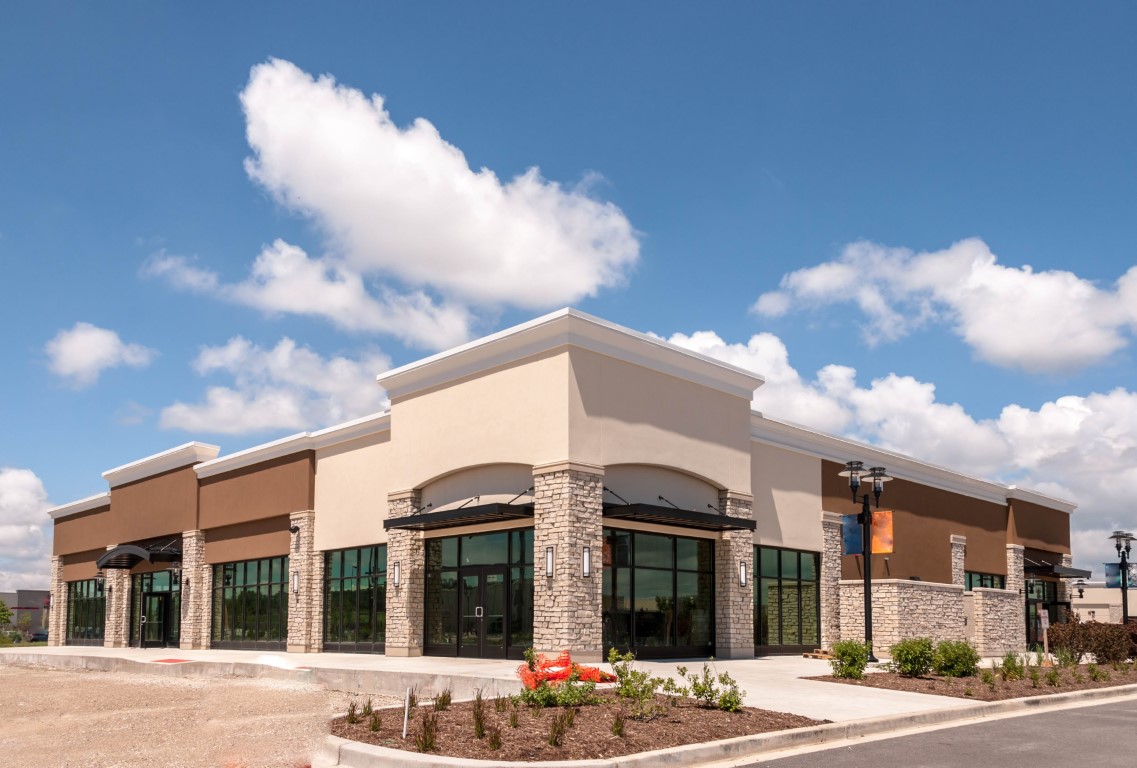
Last issue we looked at building your investment portfolio and saw that a great way to do so was to mix up the type of properties that you invest in. We began by looking at single-family homes, semi-detached and multi-family buildings such as duplexes, triplexes, and beyond. A good investment portfolio will contain a mixture of these types of properties to be sure. But there are a couple of other types of properties that should be considered. Condominium and commercial properties.
- CONDOMINIUMS
You are not a speculator. You are an investor. As such you are in it for the long haul. But to last as an investor in rental real estate it is imperative that you make your portfolio as ‘hands-off’ as possible. Why? Very simply, the closer you can get to a worry-free, involvement-free investment the less likely you are to burn out and give up. For that reason, condominiums are a popular choice of ownership. You simply do not have to worry about exterior maintenance. Storm windows, painting of trim, snow removal, lawn care, roofing. None of that is your problem nor is it the problem of your tenant. It is all done for you. But at a price. Bear in mind that while you are enjoying the freedom from these types of chores, you are paying to have these things done in the way of CAM fees. And every dollar you pay comes directly from your gross rent.

So, while condominiums are the easiest to own, they give perhaps the poorest return on investment. If that is the case, why are they so popular? Capital gain. A very significant number of condos are not traditionally bought by investors. They are purchased by speculators. Consider this. You purchase a condo and very quickly install a tenant. Because of the nature of the building, there may even be a superintendent on-site to help with the rental. Due to the CAM charges, you may have to subsidize the rent by $500 - $700 a month. That’s a write-off. But your intent is to sell the unit in a year or two for a profit of $100,000 or more. The rental subsidy is hardly a consideration. But bear in mind, that’s a speculator, not a true investor. So why, if condos give a poor rate of return, would an investor consider owning one or two? Ease of ownership. Potential personal use upon retirement. And the fact that a shortfall here can be offset by surpluses in other areas of your portfolio. Not bad to have one or two condos in your ownership mix.
- COMMERCIAL
When I say commercial, I’m really talking about almost any real estate rental apart from residential. It may be retail, industrial, free-standing, strip mall, etc., etc. Commercial real estate can be an outstanding form of investment and should be considered for a number of reasons but with certain cautions in place.
 One of the biggest advantages of commercial real estate investment is that by nature most leases tend to be what we call triple net. By that I mean the tenant is responsible for pretty well all additional expenses. Repairs and maintenance are not the landlord's problems. You don’t get calls because a tap drips or the HVAC stops working. And not only does this make the venture much more stress-free, but it also means that the rent is much more applicable to the bottom line.
One of the biggest advantages of commercial real estate investment is that by nature most leases tend to be what we call triple net. By that I mean the tenant is responsible for pretty well all additional expenses. Repairs and maintenance are not the landlord's problems. You don’t get calls because a tap drips or the HVAC stops working. And not only does this make the venture much more stress-free, but it also means that the rent is much more applicable to the bottom line.
Another huge benefit is that leases tend to be long-term. While there’s nothing to stop a landlord and tenant from negotiating a one-year lease or less, most commercial leases tend to be five years or longer. You simply don’t have the degree of turnover you get with residential tenancies.
Another huge benefit is that commercial tenancies don’t fall under the Residential Tenancies Act. The Commercial Tenancies Act is much more fair and balanced.
But while I strongly encourage you to venture into commercial real estate investment at some point, there are some cautions you need to be aware of.
Commercial rentals tend to be riskier than residential. Simply put, people always need a roof over their heads. But the economic climate is not always conducive to businesses. So, while you might face a residential vacancy for a month or two, a commercial space could sit vacant for months while you try to locate the right tenant.
And while you don’t experience the nickel and dime expenses associated with residential maintenance, it’s not uncommon for the landlord to provide a lease-up allowance at the start of a commercial lease and perhaps absorb the cost of suspended t-bar ceiling and carpeting, etc.

Another thing to be careful of when it comes to commercial rentals is site-specific properties. I had a friend some years ago who owned 105 buildings across the province rented out to the Provincial government. Mostly OPP Stations. Great covenant. Assured rent. Hassle-free. But if one of those stations chooses to relocate or amalgamate, you’ve got a free-standing building along a highway that’s going to be hard to rent. I’ve seen a few Tim Hortons fail to renew because they don’t have a drive-thru and no way to install one. Small strip plazas with versatile size configurations are often the most desirable.
And the last consideration with commercial real estate is cost. You can get into a residential rental unit for perhaps $500,000. A good commercial venture will likely run multiple times that. ICI real estate. It can be a great investment. It should definitely be considered. But do your homework first.


 One of the biggest advantages of commercial real estate investment is that by nature most leases tend to be what we call triple net. By that I mean the tenant is responsible for pretty well all additional expenses. Repairs and maintenance are not the landlord's problems. You don’t get calls because a tap drips or the HVAC stops working. And not only does this make the venture much more stress-free, but it also means that the rent is much more applicable to the bottom line.
One of the biggest advantages of commercial real estate investment is that by nature most leases tend to be what we call triple net. By that I mean the tenant is responsible for pretty well all additional expenses. Repairs and maintenance are not the landlord's problems. You don’t get calls because a tap drips or the HVAC stops working. And not only does this make the venture much more stress-free, but it also means that the rent is much more applicable to the bottom line.